Inside Ibou Badji's Groundbreaking Journey From Senegal to Portland
The Trail Blazers' two-way center made history as the first player from the NBA Academy Africa pipeline to sign an NBA contract.
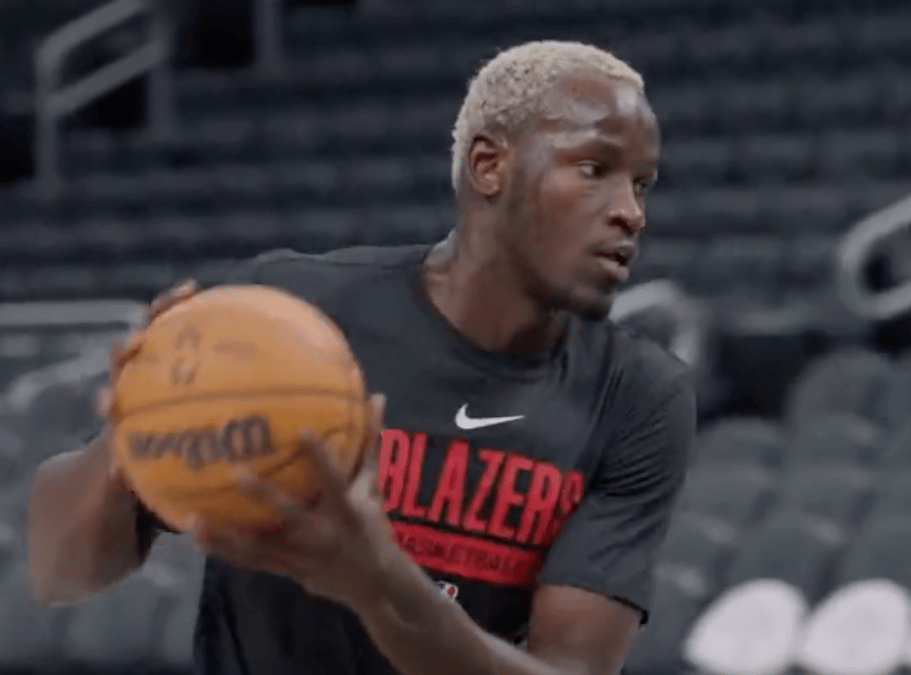
A lack of size has been the Trail Blazers' biggest roster issue all season. Behind the scenes, they've been working to fix it in future years.
Meet Ibou Badji, the 7-foot-1 20-year-old from Senegal with a nearly 7-foot-9 wingspan who came to Portland shortly into the season on a two-way contract. Badji is as raw a prospect as the organization has ever had—he's only been playing basketball for six years and took an unconventional path to the NBA that began at a league-sanctioned youth academy and passed through lower-level Spanish leagues and the G League before his raw physical talent and upside landed him in Portland on a developmental deal. The Blazers are making a bet that the work they're putting in with him now will pay off as soon as next year.
Badji hasn't played a game yet for the Blazers, and won't this season because of a recent knee surgery, but he's already made history just by being on the roster.
In 2017, the NBA partnered with SEED Academy, a basketball/academic youth program in Saly, Senegal, to launch NBA Academy Africa as a sister program to their initiatives in Australia (NBA Global Academy), Mexico (NBA Academy Latin America), India and (formerly) China. Badji was part of the NBA Academy Africa program's inaugural class, when he was 15 years old and had played basketball for barely a year. And while the Australian and Latin American branches of the league's grassroots development effort have produced three lottery picks in the last two years, nobody from the African program had made an NBA roster until Badji signed his two-way contract with the Blazers in November.
"He's a pioneer," says Franck Traore, the head of basketball operations for NBA Africa, who oversees youth development programs across the continent and coached Badji during his time at the Academy. "Ibou is one of the original Academy guys from the beginning. Even though he's part of the first generation, he was able to make it to the league."
Badji has been on the radar of Blazers assistant general manager Mike Schmitz for nearly as long as he's been playing basketball.
Schmitz, who built a career as a draft scout and video analyst first for the website DraftExpress and then for ESPN before joining Joe Cronin's revamped front office ahead of the 2022 draft, has long been a fixture at grassroots basketball events all over the world. He first started hearing about Badji from other scouts around the time of the 2018 NBA Global Camp in Treviso, Italy, and first saw him play in person as a 16-year-old with the Senegalese national team at the FIBA Under-19 world championships in Greece in 2019.
"You just don't see guys walking the earth with that combination of size, length and agility," Schmitz says. "It was the way he moved at that size that I thought was most impressive. You see a lot of the plodding giant types, or guys with incredible length who are really thin. It's rare that you see the combination of that type of frame, that type of length and that type of agility. I remember seeing this kid in warmups throwing it off the glass to himself, and catching insane lobs with the type of extension that you rarely see, especially for a kid that age."
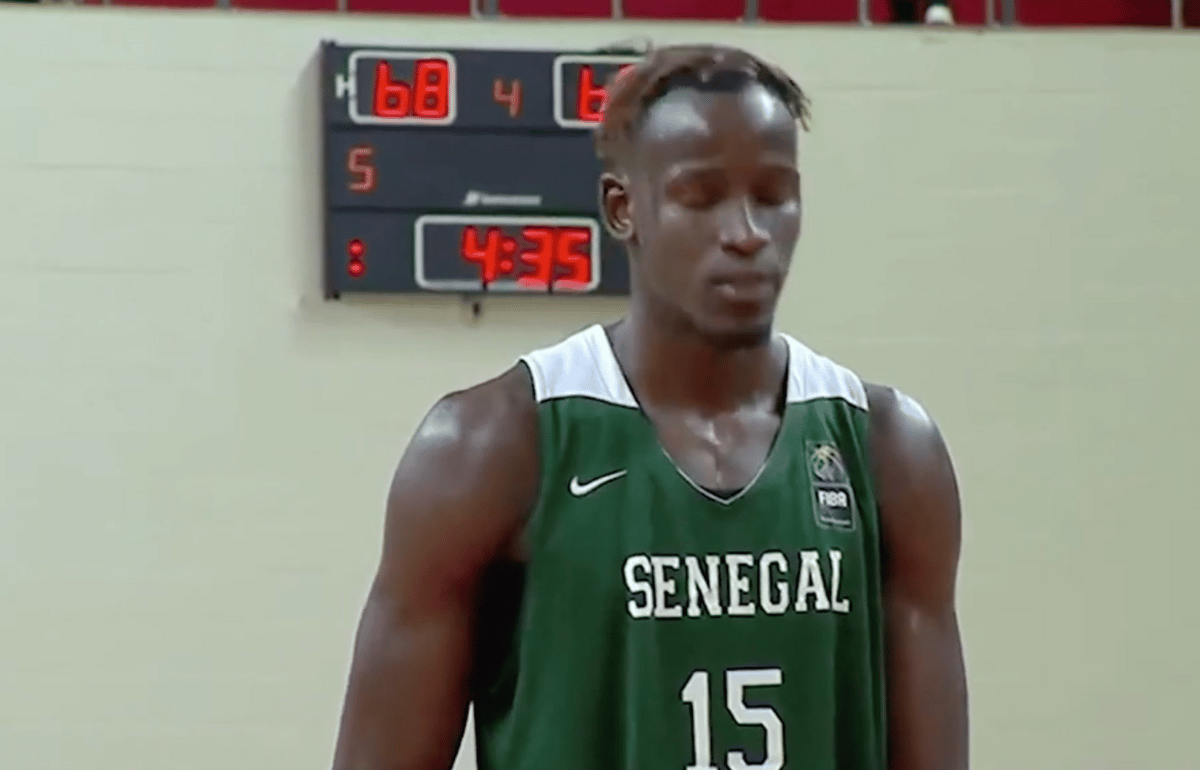
Badji's hoops origin story is far from uncommon in parts of the world where the sport is still emerging: he grew up playing soccer in his hometown of Dakar, and switched sports when he grew too tall to keep playing soccer. He was first introduced to basketball at age 14 by his father, who had also played, along with most of the rest of his family (he's the middle of five children, with an older sister and brother as well as two younger brothers).
Being tall with long arms made Badji a natural shot-blocker even before he knew the basics of the game.
"That's the first thing I realized I could do," he says. "It was easy for me. I didn't know how to dribble the ball. I just knew how to set a screen, get a rebound and play hard. That's it."
It didn't take long for him to figure out the rest.
"Anybody who's that new to the game is obviously going to be on a steeper part of the learning curve," says Chris Ebersole, who oversees all of the NBA's global elite development programs. "What I think he figured out was, he had all this physical talent, and then how do I harness it and actually put it to use and help my team win? Developing into an elite shot-blocker, an elite lob finisher, he did all those things pretty quickly. Within a year, he was already really impacting games."
Badji stayed in the NBA Academy Africa program through the end of 2018. During his time there, he was part of their traveling team that played in showcases in France, the Czech Republic, Italy and Australia. He also participated in the NBA's Basketball Without Borders camp in Johannesburg, South Africa in 2018. At that camp, he even got to meet his favorite player, Joel Embiid. Embiid himself was a BWB camper as a teenager from Cameroon, and is now a hero to a generation of African kids hoping to become NBA stars.
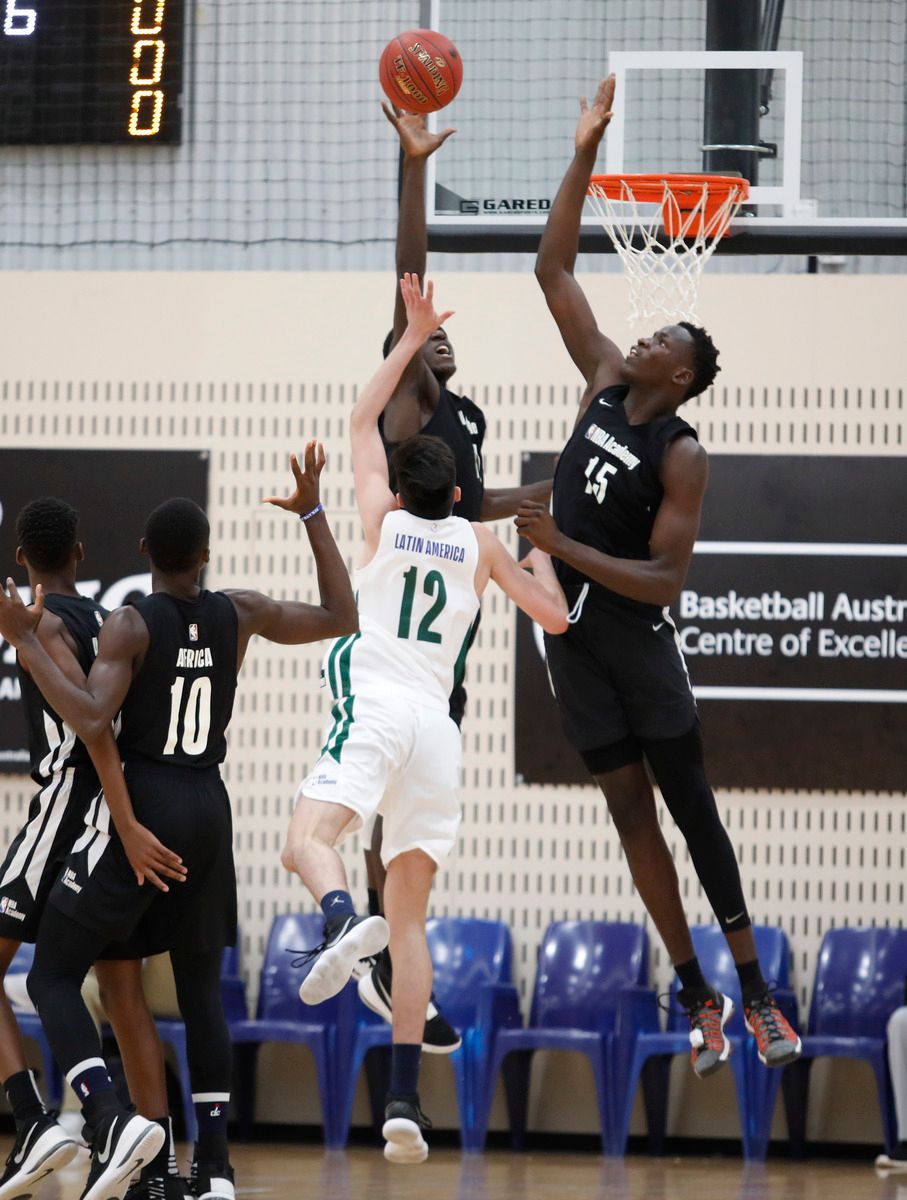
Photo courtesy of NBA Academy
After leaving NBA Academy Africa, Badji signed with the Spanish powerhouse FC Barcelona and began playing for their Under-18 team. He played the 2019-20 and 2020-21 seasons for Barcelona's "B" team in the third-division LEB Plata, but trained with the parent club. Schmitz, who continued following him closely during his time in Spain, points out that playing for Barcelona's reserve team isn't considered a "demotion" in the scouting community because of how hard it historically has been for young players to break through on that team.
"He was still adjusting to the speed of the game at that level," Schmitz says. "But you would see one or two things per game that weren't normal, whether it was catching a lob above the square, or blocking a shot that he had no business blocking, or even getting out on the perimeter a little bit and switching."
Last season, Badji joined second-division Força Lleida CE on loan from Barcelona, and had an opportunity there to play a more consistent role. He entered the draft last summer and went undrafted. He impressed the Milwaukee Bucks in a predraft interview and workout, but had to turn down an invite to play for their Summer League team in Las Vegas because he was still under contract with Barcelona. He joined the Bucks' G League affiliate, the Wisconsin Herd, for training camp and appeared in seven games early on this season, averaging 7.4 points, 6.6 rebounds and 2.4 blocks in just 20.7 minutes per game.
"We saw his length right away," says Herd head coach Chaisson Allen. "We saw the things he could do. Block shots, roll and finish at the rim. He was able to do that in our G League games from start to finish."
Schmitz and the rest of the Blazers' newly built-out scouting department continued to keep a close eye on Badji while he was in the G League, and were once again impressed with his continued growth.
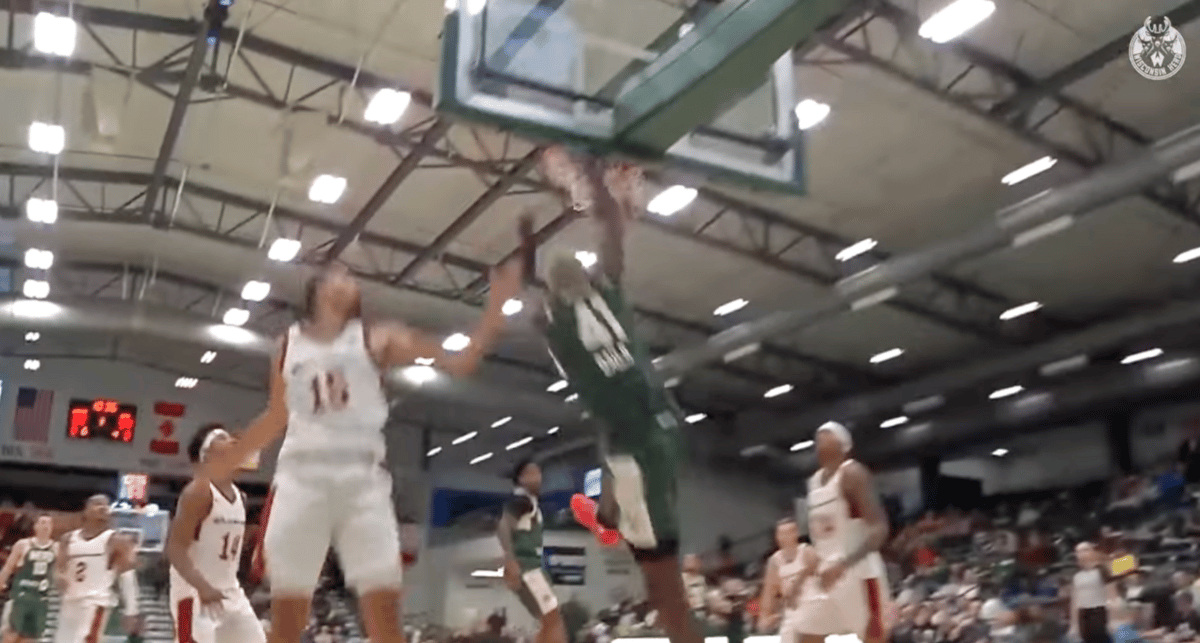
"Once he went to Wisconsin, I kind of figured he might not be there very long if he started doing some of the things he was doing in Spain," Schmitz says. "I went out there and watched a game, got there early and watched him warm up, and he seemed like he was in a really good place. He seemed really happy and enjoying playing basketball and being with his teammates. He was playing with more energy than I'd seen in the past. You could see the progress that he was putting it together, even more so than he was in Spain. It almost felt like he had found a home in the States, and he fit in more with the American style of basketball than maybe he did in Spain. You see a lot more guys like him in the NBA, running the floor, catching lobs, blocking shots. Whereas in Spain, it's a little more skill-based, read-based from the bigs. That's when it kind of felt like, 'Alright, he's made another step.'"
The Blazers found themselves with a spot to fill about a month into the season when it became clear one of their other two-way centers, Olivier Sarr, would miss extended time with a wrist injury. Bringing in Badji represented a change in approach. Before the injury he suffered in training camp, Sarr, who had a previous year of NBA experience in Oklahoma City, looked like he was going to earn real minutes for the Blazers once the season started. Badji, on the other hand, was far too raw still as a prospect for a team trying to compete for the playoffs to feel would be able to contribute. But Schmitz and the rest of the scouting department saw enough long-term upside that they were able to get the top decision-makers on board with bringing him into their program with the future in mind.
Badji was in Detroit for a road game with the Herd when his agent woke him up with a phone call telling him the Blazers had offered him a two-way contract. He was overjoyed that his goal of making it to the NBA, even on a two-way, had worked out just six years after he started playing basketball.
"I don't know how to explain it," he says. "That was my dream."
The Blazers were honest with Badji about their plans for him. With so little experience playing the sport, as well as the language and cultural barriers, they viewed him as a long-term project. The first year has been about getting Badji acclimated to the NBA and fully integrated with the organization. The Blazers hired a tutor to help him with his English (one of five languages he speaks), and he works primarily with head video coordinator Parker Hines to learn team concepts. Before a recent knee injury, he was a regular participant in the "stay-ready" scrimmages the coaching staff conducts with end-of-bench players who aren't in the rotation.
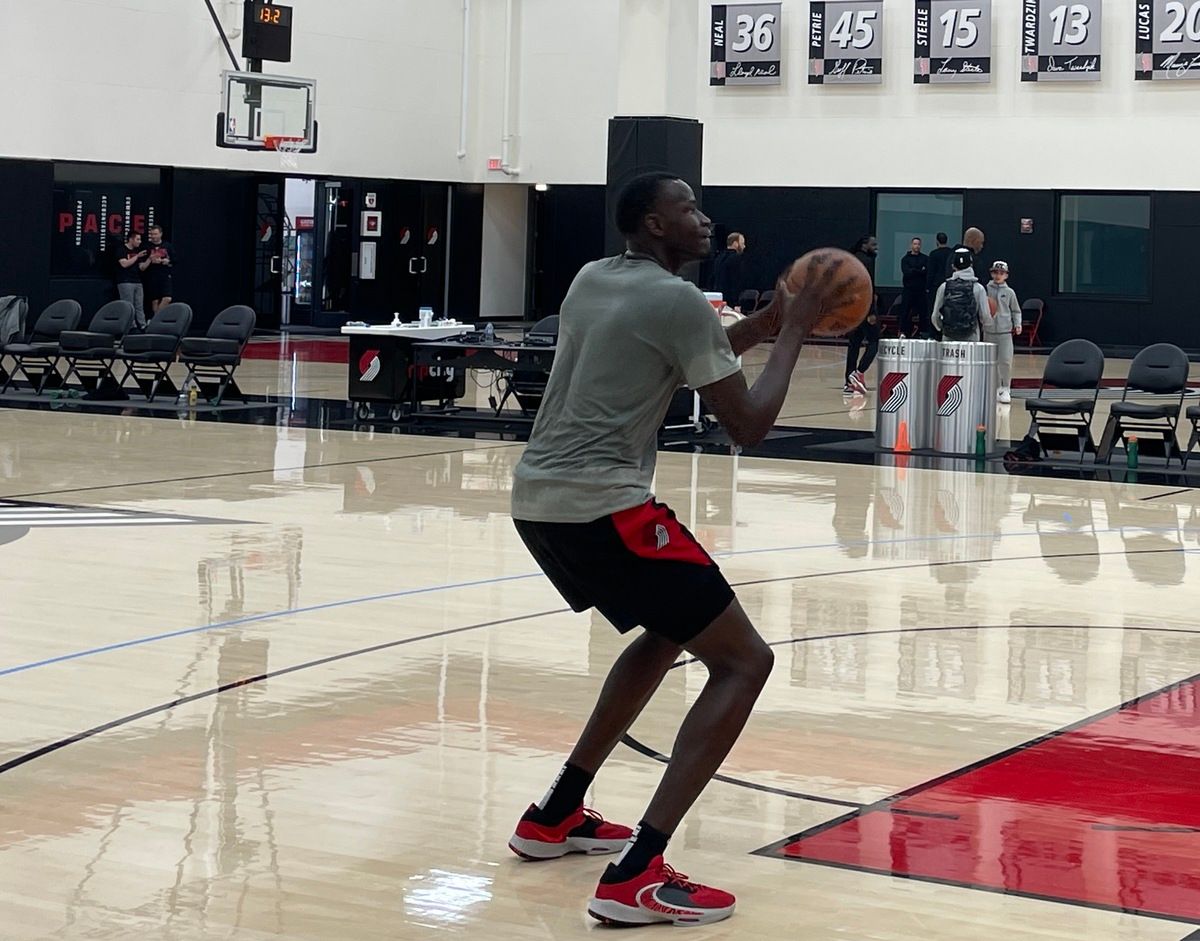
Not getting to play has been hard for Badji, but he had no misconceptions about what he signed up for when he accepted the two-way offer.
"I knew before I came here," he says. "They told me my first year I wouldn't play, because the NBA is not easy if you don't get drafted and are on a two-way contract. [Cronin] told me, 'You can go work and learn and take your time.' I said yes."
On March 6, Badji had an arthroscopic surgery to clean up his left knee, cementing that his entire rookie season will pass without him playing a minute. Assuming he's fully recovered by July, the Blazers plan for him to play at Summer League. And if that goes well, he'll have an opportunity to earn real minutes next season at what has continued to be a position of need for the team.
"We're looking for guys who can be elite at one thing," Schmitz says. "What's your superpower? Why is Chauncey [Billups] going to look down the end of the bench and put you in the game? For Ibou, it's rim protection."
However the rest of Badji's NBA career goes, the fact that he's made it to the league at all is a success story for a lot of people. For him, obviously, learning a new sport in such a short amount of time and, for as far as he has to go, getting good enough that a team in the best league in the world wanted to give him a shot. But also for the NBA Academy program, where he is now the standard-bearer for their efforts across Africa and the example for future kids in the program that it's possible to make the NBA from anywhere.
If he's able to carve out a real NBA career and become a consistent contributor for the Blazers next season, so much the better.
"I don't think they should underestimate him," Traore says. "For you to know, you have to put him in. You may think that he's not able to [contribute], but you'd be surprised how a lot of African kids can just come in and contribute. If you look at Ibou Badji, he can rebound the ball, he can block shots, can run the floor. He has the tools already to be able to contribute. You just need to give him a chance. It's all about giving him the opportunity to show that he can do it, and I think that will come with time."
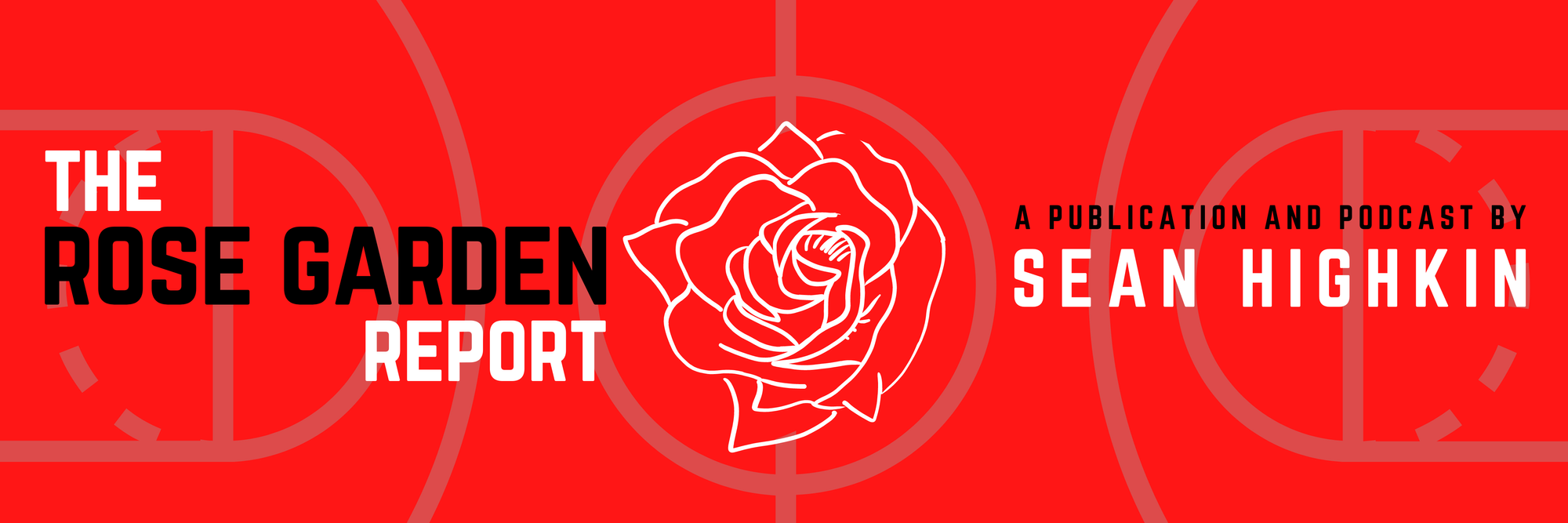
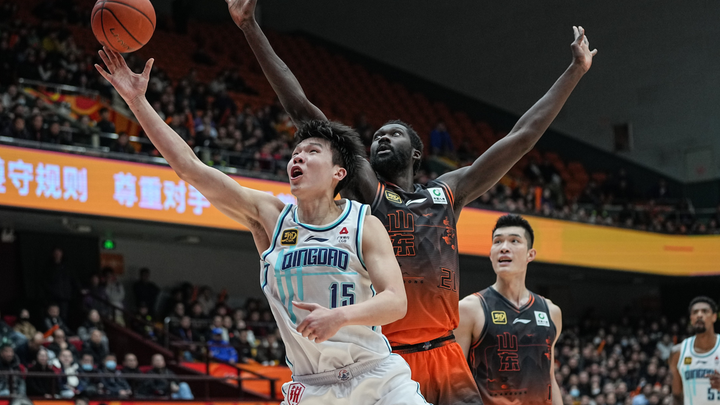
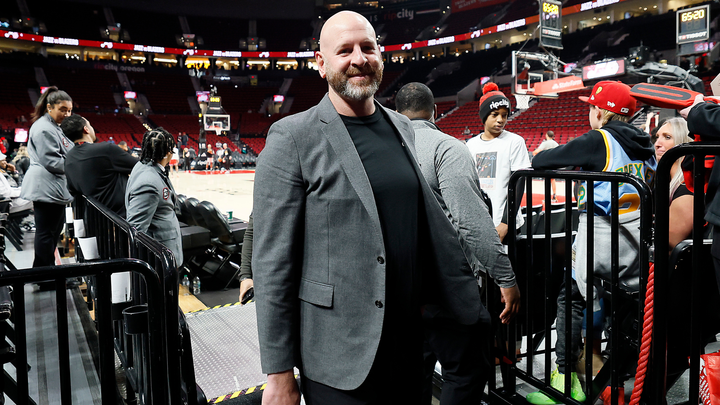
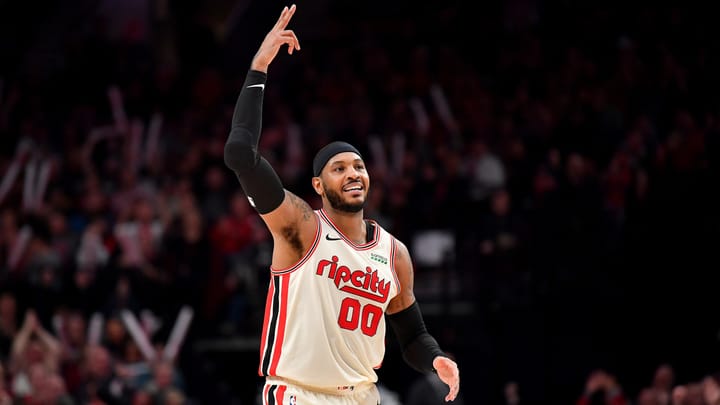
Comments ()